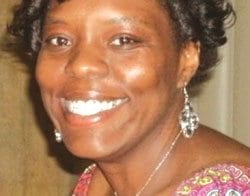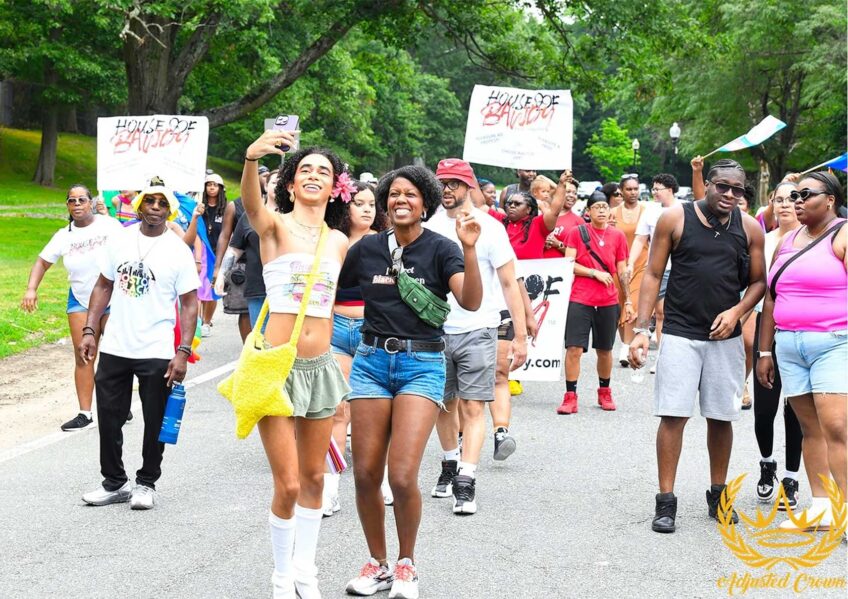
Poets of every ilk will converge on Central Square in Cambridge for the 2011 National Poetry Slam (NPS) this week. The competition that lasts several days from Tuesday, Aug. 9 until Saturday, Aug. 13 and will have the best of the best battle to become the king or queen of poetry.
According to the NPS site, slam is a fast-paced competition where poets have a limited amount of time to impress judges randomly selected from the audience.
Performers use all the tricks of storytelling, songwriting, theatre, stand-up comedy and cold hard poetry to earn high scores from judges.
There will be six bouts twice per night until semi-finals and finals, which are held on Friday. On Saturday, the most skilled wordsmiths weeded out from top 12 teams on Friday will be showcased at the Berklee Performance Center.
To start off the NPS, Cambridge poet populist Toni Bee was booked to host the official welcome “Open Mic Night” at the Middle East on Monday night. Bee has a background in journalism and hosts a TV show called “Be Live with Bee” on Cambridge Community Television (CCTV).
A literature lover who has seen her share of hard times opens up about the significance of poetry and her dedication to helping people uncover or rediscover their gifts.
How would you classify your poetry?
I would call it urban. I’ve lived in Boston and Cambridge so the things that flavor the city like a bus rumbling by or a horn blowing also flavor me.
Do you tend to have certain topics that keep popping up in your work or is it varied?
It depends. But, when the earthquake in Haiti happened, I did write a piece on that. I hadn’t written about Haiti up until that point. I am skilled in the free write process though so if I have to write for a specific event, I can definitely come up with something.
Tell me about living in the shelter.
I learned that I could survive. I learned how to be responsible and I clung to God. That’s who I was writing to. When I lived in the shelter, I was in the poor business. People treat you differently when you’re poor. They give you a small amount and the rest you have to come by for yourself.
How did you end up working for CCTV?
I left a job in the city in ’87 to work at the Margaret Fuller Neighborhood House. At the time, CCTV had a program where they wanted people to participate in hyper local citizen journalism. I write wherever I go so that came naturally for me.
What’s the process for becoming a poet populist?
The citizens of Cambridge voted me in as an official artist. To be a poet is one thing, but to be popular is another. I’ve been writing and curating poetry programs for a long time.
Why share poetry with the world?
Words can build you up or destroy you. They can build your destiny. It’s important for everyone to get his or her gifts out. Sharing is shedding and allows for new beginnings. Healing begins once you start to share and get your gift out. It sustained me when I was living in the shelter, through my mom dying and [my] having a baby. For years, those things were the reasons I wrote. But, what I want to do is get others to share their gifts. To be artful is to be healthy and to be healthy is to be artful!






